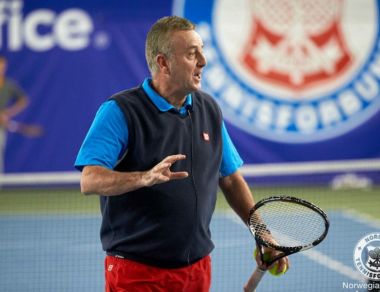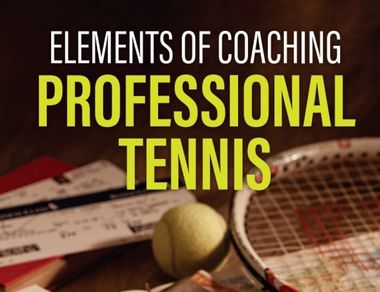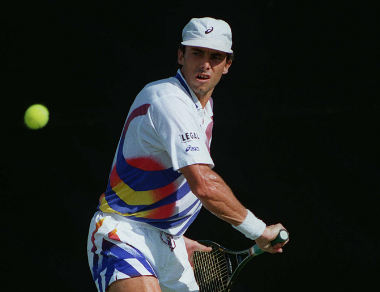Understanding what it means to invest in your craft as a coach or tennis teacher by recognizing opportunities that might pay less in the present; albeit pay greater dividends in the future is a fundamental ingredient for financial success.
In Getting Paid: Part I, we discussed the basic elements of the contract which are the keys to avoiding conflict and tension. But what about those coaches who do not have leverage for a strong contract; or those who are just hoping for an opportunity?
Many a coach knows where he wants to be working – Grand Slams, ATP World Tour and ATP Challenger Tour; but is he able to judge his worth to the player without bias? Human nature is such that evaluating yourself is tricky at best. Very few coaches on Tour have an agent who does deals for them. Getting good advice on what to charge, and just as important – what you are worth is crucial. Unfortunately, in many situations like Futures and Challengers, “it is not what the coach thinks he should get, but what the player can afford.”
Coach Chuck Kriese has had over thirty-five years of training players and assistant coaches, many of whom have gone on to coach on the ATP World Tour, national associations and US colleges. “I did my apprenticeship under Mr. Harry Hopman,” Kriese says. “And the joke among all the assistants at the time was that we got paid in room, board and experience. Except the joke was on us, because what we learned and experienced under Mr. Hopman was priceless.”



